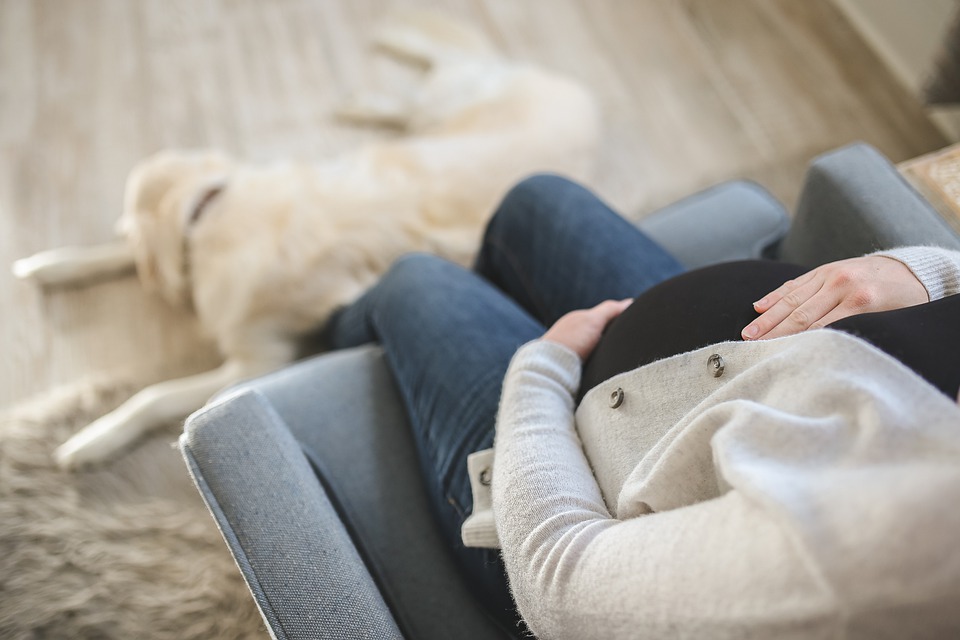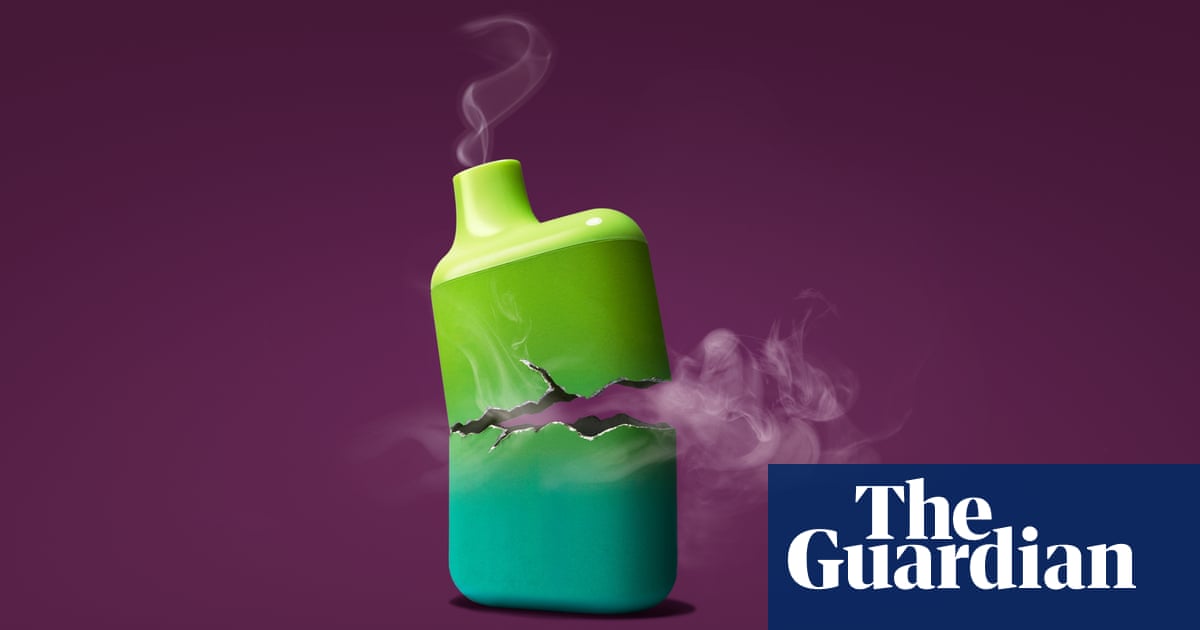Recent data from the MBRRACE-UK investigation into maternal deaths in the UK has shown a sharp rise in the number of women dying during pregnancy or shortly after, reaching the highest levels in the past two decades.
The maternal death rate surged to 13.41 deaths per 100,000 pregnancies between 2020 and 2022, compared to 8.79 deaths per 100,000 in the period 2017 to 2019. This alarming trend has prompted concerns among experts, raising questions about the factors contributing to this surge.
The figures published by MBRRACE-UK reveal a concerning increase in the maternal death rate, reaching levels not seen since 2003-05.
Even when excluding maternal deaths attributed to coronavirus, the maternal death rate between 2020 and 2022 remains higher at 11.54 deaths per 100,000, compared to the rate of 8.79 deaths per 100,000 observed between 2017 and 2019.
Prof Marian Knight, the director of the national perinatal epidemiology unit and MBRRACE-UK maternal reporting lead, expressed her worry, stating that the data indicate a return to maternal death rates not witnessed in the past two decades.
The concerning rise in maternal deaths has prompted reactions from healthcare experts and authorities. Prof Marian Knight emphasised the need for further investigation into the factors contributing to this surge.
An NHS England spokesperson acknowledged the improvements made in maternity services over the last decade but highlighted the necessity for additional actions to enhance the overall experiences of women and their families.
In addition to the rise in maternal deaths, a separate study has unveiled a startling connection between perinatal depression and premature deaths among women. The research, published in the BMJ, indicates that women experiencing depression during pregnancy or the first year after childbirth are more than twice as likely to die prematurely, especially due to suicide.
Perinatal depression, a common complication affecting up to 20 per cent of women around delivery, has not been thoroughly examined in terms of its association with the risk of death until now.
An international team of researchers conducted a comprehensive study using Swedish national registry data from 2001 to 2018. The study included 86,551 women with a first-ever diagnosis of perinatal depression and 865,510 unaffected women, along with comparisons between 24,473 women with perinatal depression and 246,113 unaffected full sisters.
The results revealed that women with perinatal depression were over twice as likely to die compared to those without, with a higher risk of unnatural deaths, particularly due to suicide, within the first year after diagnosis.
Despite being observational findings, the study stressed upon the urgent need for awareness among affected women, their families and health professionals. The increased risk associated with perinatal depression was most pronounced in the first year after diagnosis, highlighting the critical importance of early detection and treatment to prevent fatal outcomes.
The researchers acknowledged some limitations in their study, such as focusing on women seeking specialist care for depression, but stressed the significance of recognising the serious health hazards posed by perinatal depression.
Nicola Vousden, co-chair of the Faculty of Public Health’s specialist interest group for women’s health, said: “Persisting inequalities by ethnicity and socioeconomic status indicate that we must think beyond maternity care to address the underlying structures that impact health before, during, and after pregnancy—such as housing, education and access to healthy environments.”
Clea Harmer, chief executive of bereavement charity Sands, called the figures “very worrying”.
She said: “We know that news like this can be distressing for anyone who has been affected by pregnancy or baby loss, particularly those who are pregnant again and especially so if they are in a higher risk group.”
The Department of Health and Social Care has been approached for comment.







